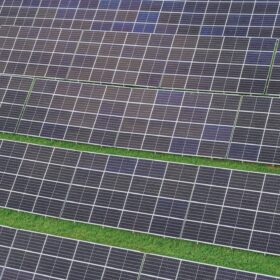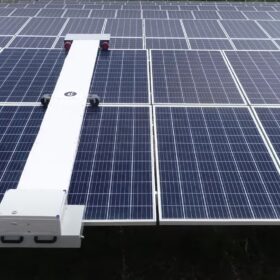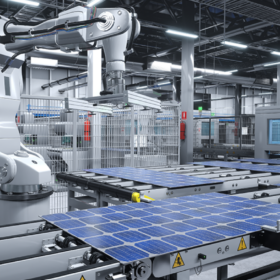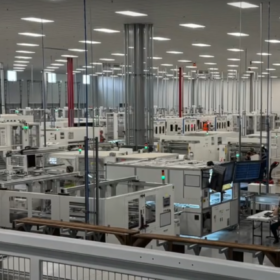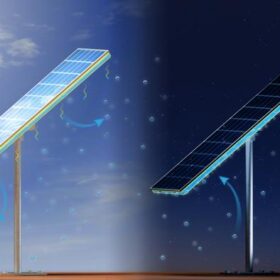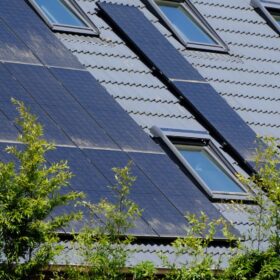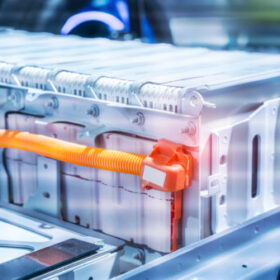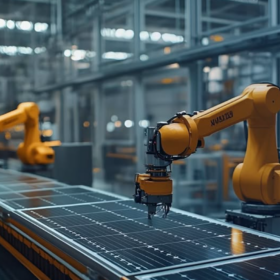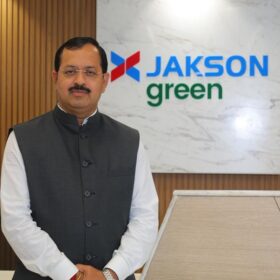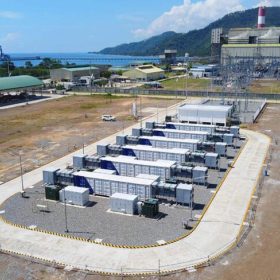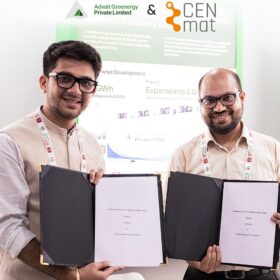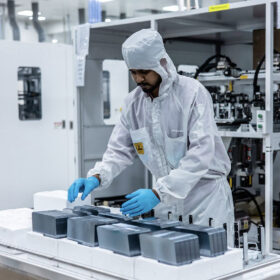2025: A landmark year for solar energy
The IEA-PVPS 2025 Snapshot of Global PV Markets reveals a pivotal moment for solar power: global PV capacity surpassed 2.2 TW, with more than 600 GW installed in 2024 alone. As module prices fell due to oversupply, installation volumes continued to grow, highlighting both the strength and volatility of the global PV industry.
Financing India’s clean energy transition
To effectively meet its clean energy and net zero targets, India must address the current limitations in its green financing models. Additionally, the lenders must take into account sector specific risks.
Solarium Green re-enters solar module manufacturing with new 1 GW facility in Ahmedabad
The 1 GW solar module facility is scheduled to start commercial operation in the fourth quarter of the current fiscal year 2025-26.
Waaree Solar Americas secures 599 MW PV module order
The latest win follows a recent 586 MW solar module order won by the company.
New cooling gel could raise PV module efficiency by 12%
Researchers in Saudi Arabia have developed a hydrogel composite that absorbs moisture in solar modules overnight and facilitates evaporative cooling throughout daylight hours. The system has undergone lab tests and outdoor experiments on two continents.
Sunnova files for bankruptcy
US residential solar company Sunnova has entered into asset and power purchase agreements to support operations while it seeks a buyer.
Why battery design is one of the core challenges for recycling companies?
While transitioning to renewable energy and widespread adoption of batteries is a must, recycling cannot be an afterthought. It must be built into design and supply chain decisions.
Avaada Electro’s Butibori solar module facility secures ALMM listing
Avaada Electro’s Butibori facility in Nagpur has entered the Ministry of New and Renewable Energy’s (MNRE) Approved List of Models and Manufacturers (ALMM) with its n-type TOPCon glass-to-glass modules of up to 720 Wp.
Jakson Green hits 5 GWp of solar O&M portfolio
Jakson Green Renewables, the asset management arm of Jakson Green, has secured an additional 1 GWp in solar operation and maintenance (O&M) contracts, pushing its total O&M portfolio to an impressive 5 GWp.
Power ministry announces INR 5,400 crore viability gap funding to support 30 GWh BESS development
The scheme will extend financial support to 15 states and NTPC, with INR 18 lakh per MWh allocated for each project. Of the total 30 GWh target, 25 GWh will be distributed among 15 states to meet their energy storage needs, while 5 GWh will be allocated to NTPC.
